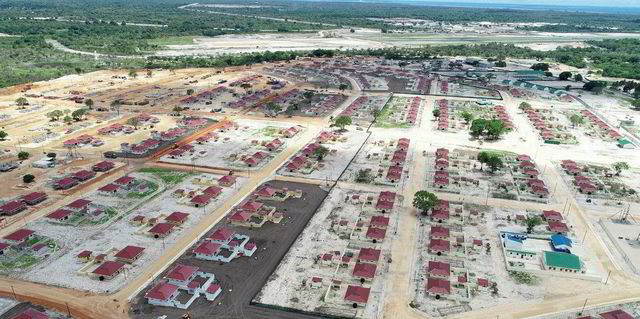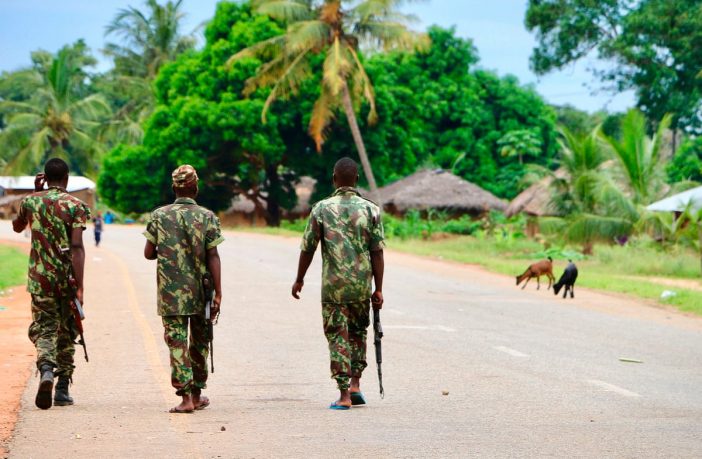- The Mozambican president said on Wednesday that the French oil company TotalEnergies should have resumed operations in Cabo Delgado by now, describing France’s call for citizens of that country not to travel to some parts of the province as a “diplomatic decision”.
- In recent weeks there have been reports of attacks by insurgent groups in various villages and on the roads of Cabo Delgado
“For me [the resumption of the project]should have been yesterday or last month,” declared Filipe Nyusi, questioned by journalists about the security situation in Cabo Delgado in the face of new rebel incursions, moments after chairing a government meeting in Pemba, the provincial capital.
The French Embassy in Mozambique is appealing to French citizens not to travel to the cities of Mocímboa da Praia, Pemba and Palma, in Cabo Delgado (north), due to the “terrorist threat”.
“Due to the presence of a terrorist and kidnapping threat in the towns of Mocímboa da Praia, Pemba and Palma, it is strongly recommended not to travel to these towns, as well as to travel on the roads linking these towns,” reads a message to travellers published a week ago by the French Embassy in Maputo.
“It wasn’t the owner of the project who spoke, it was a diplomat, from what I heard,” the Mozambican head of state limited himself to declaring today.
On Sunday, the President of Mozambique expressed his discomfort with France’s appeal to its citizens not to travel to Cabo Delgado, in the north of the country, due to the “terrorist threat”, even speaking of an agenda.
“Every country has an agenda and the agenda is aligned and inclusive. There must be some reason why an announcement was made,” said Filipe Nyusi, on the sidelines of the African Union summit in Addis Ababa.
The French multinational TotalEnergies is in the process of building a plant near Palma to produce and export natural gas, valued at US$20 billion (around €18.6 billion), but which has been suspended since 2021 due to the terrorist attacks. Read more

Construction camp at Afungi LNG site now abandoned, in Northern Mozambique. Image credit: TotalEnergies
The new movements and attacks by rebel groups began a few weeks ago, causing new waves of displaced people, especially since Monday, when residents of Mazeze, Chiúre-Velho, Mahipa, Alaca, Nacoja B, Nacussa left their villages and travelled more than 20 kilometres along the National Road (N1), until they crossed the Lúrio River, on the border with Nampula province, in search of refuge in the district of Eráti (Namapa).
In recent weeks there have been reports of attacks by insurgent groups in various villages and on the roads of Cabo Delgado, including approaches to vehicles, kidnapping of drivers and demands for money from the public to travel on some roads.
A week ago, the extremist group Islamic State (IS) claimed responsibility for a terrorist attack in Macomia, Cabo Delgado, which killed at least 20 people, one of the most violent in several months.
Source: Lusa















